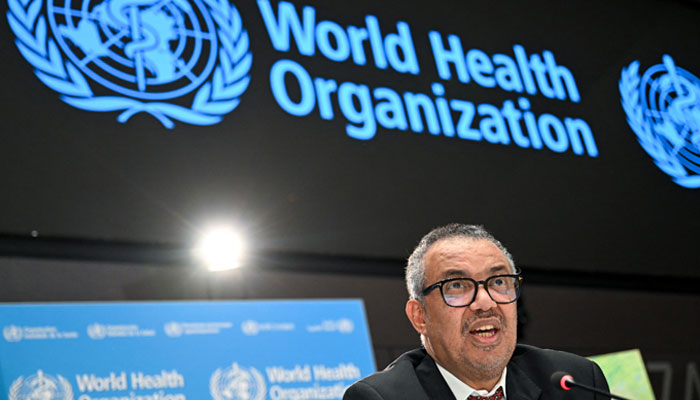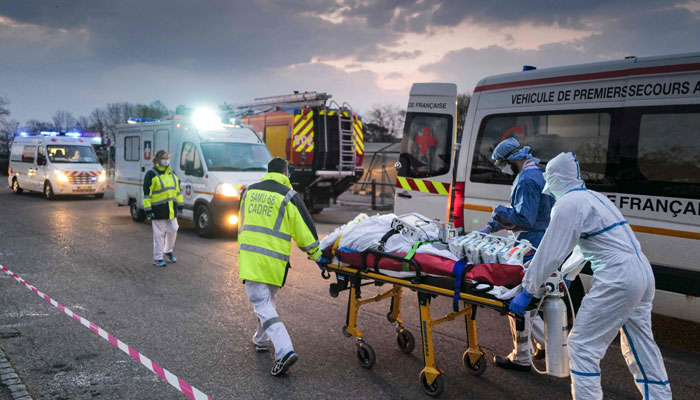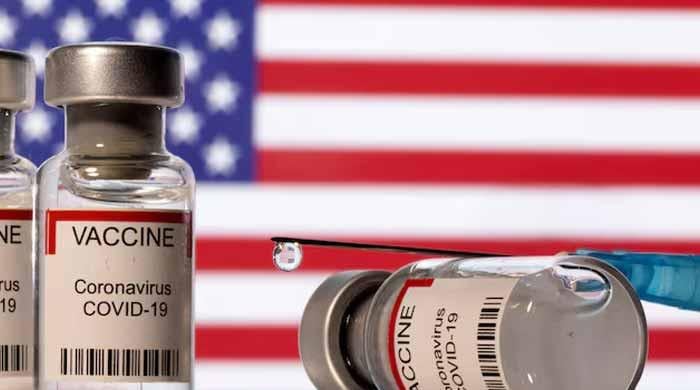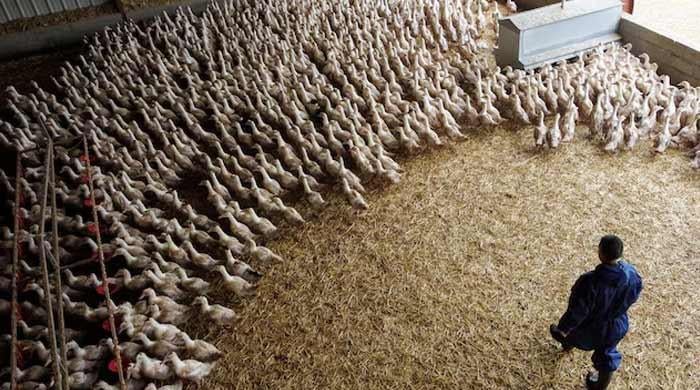WHO urges rich nations to spend more in world war on pandemics
COVID-19 claimed around 7 million lives globally since it was first reported from a Chinese market Wuhan at end of 2019
May 24, 2023

World Health Organisation (WHO), in a new draft treaty —currently under negotiation— Wednesday urged the rich nations to take the lead in equipping the world against health emergencies, as it termed the global COVID-19 response "a catastrophic failure of the international community".
The document states that countries with more "capacities and resources" should bear a "commensurate degree" of responsibility for preparing for and responding to global health threats.
The legally binding treaty under negotiation by WHO member states aims to cope with the problem of dealing with global pandemics as it calls the "catastrophic failure" of the international community to fight COVID-19 fairly around the world.
According to WHO estimates, COVID-19 claimed around 7 million lives globally since it was first reported from a Chinese wet market in Wuhan at the end of 2019.

It was spread in such a way that brought the world to a standstill disrupting the global economy and ravaging communities.
The official estimates also suggest that over 750 million people have also been infected globally.
In the document "pandemic" is defined as "the global spread of a pathogen or variant" that spreads easily, is dangerous, overwhelms health systems, and requires international coordination.
US Health and Human Services Secretary Xavier Becerra said on the sidelines of WHO WHO's annual assembly in Geneva, that countries would stick to the current negotiating timeline and adopt the accord at the same meeting next year.
He told journalists that "we feel good. The US is ready," adding that the next global health threat was "probably not far away".
Initially, the US had some disagreements over the legally binding treaties, and some of the Republicans also continue to lobby against it.
The document consisting of 42 pages was sent to member states and non-governmental organisations Tuesday.
It was drawn up based on recommendations from the member states while responding to previous versions of the text.
The member states retain the option of removing a number of paragraphs from it in future parleys, including the one about the responsibilities. The next round of talks is scheduled for June.
Some sections which are written in earlier drafts such as intellectual property and reserving 20% of tests, treatments and vaccines for the WHO to distribute in poorer countries during emergencies, could still be removed.
There were no provisions on countermeasures executed during the COVID pandemic.









